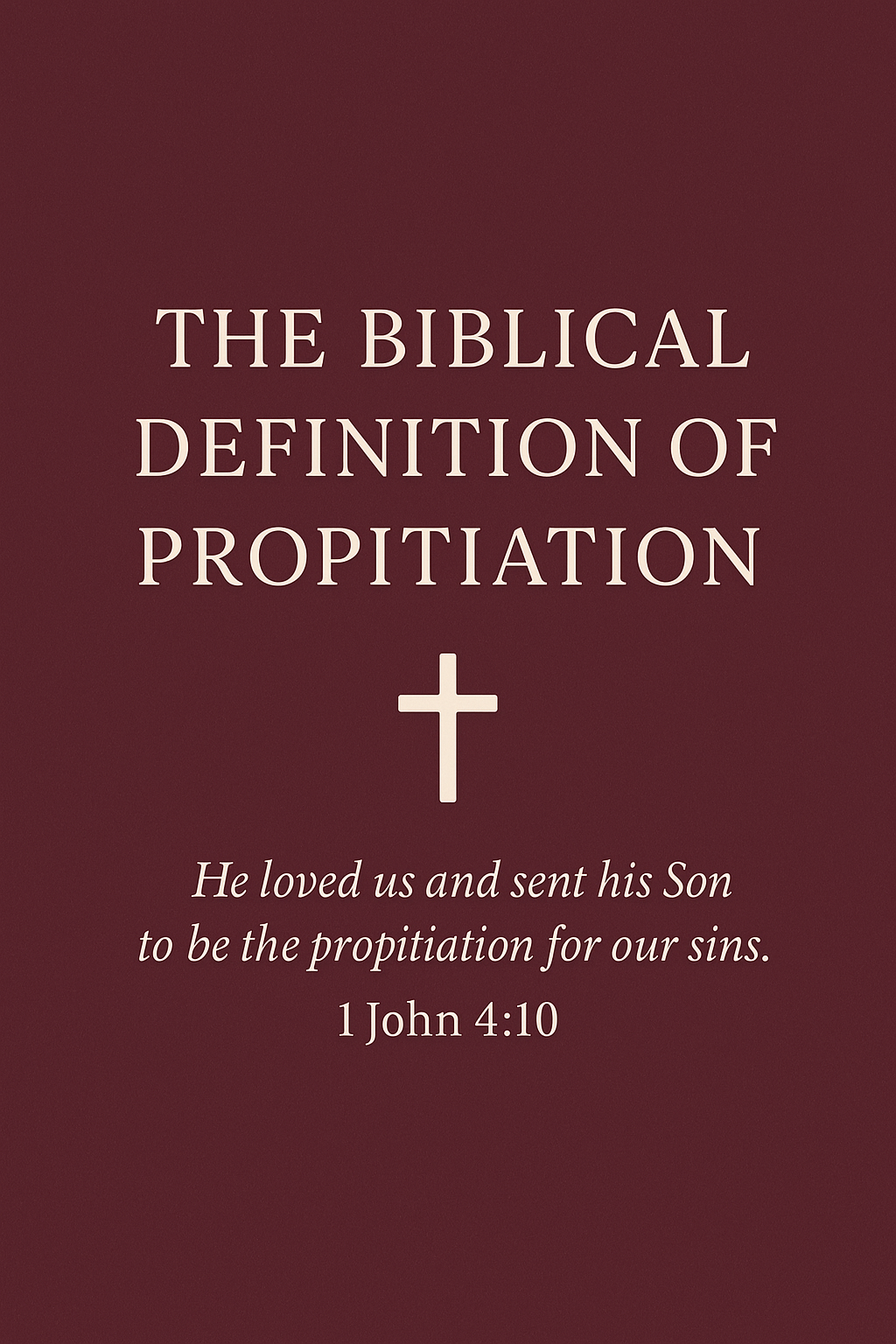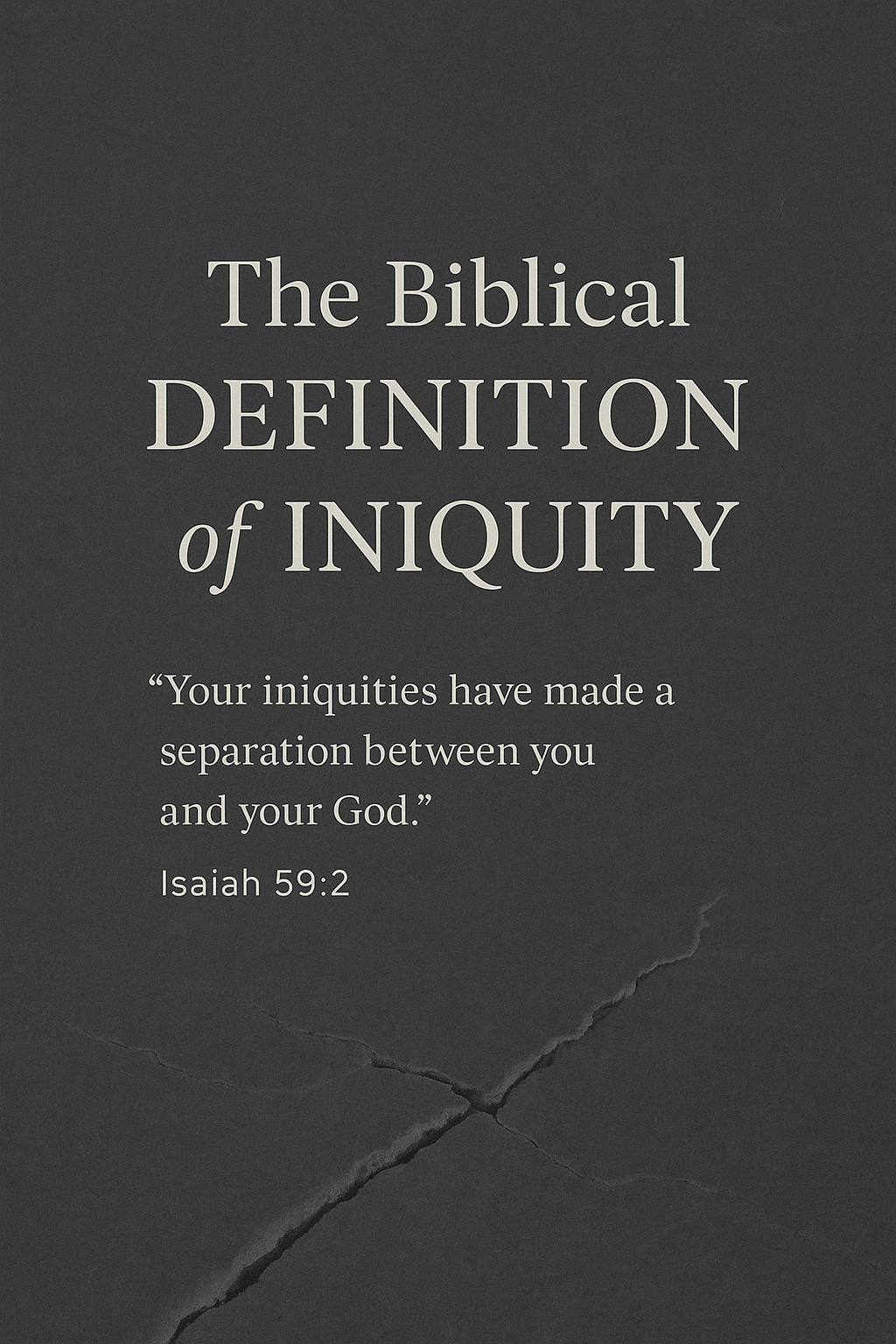Biblical Definition of Adultery
The biblical definition of adultery is the voluntary sexual relations between a married person and someone other than that person's current spouse135. This definition is rooted in the Old Testament and is consistently reinforced throughout Scripture, highlighting the sanctity of marriage and the seriousness of violating the marital covenant.
What Does the Bible Say About Adultery?
Old Testament Foundations
Adultery is explicitly prohibited in the Ten Commandments:
“You shall not commit adultery.” (Exodus 20:14)
This commandment underscores the importance of faithfulness in marriage and the unique bond between husband and wife. In ancient Israel, adultery was considered a grave sin with severe consequences. Leviticus 20:10 states:
“If a man commits adultery with another man's wife—with the wife of his neighbor—both the adulterer and the adulteress must surely be put to death.”357
This harsh penalty reflects the seriousness with which adultery was regarded in biblical times. The act was not only a betrayal of one’s spouse but also an affront to God’s design for marriage.
Adultery vs. Fornication
It’s important to distinguish adultery from fornication. Adultery specifically involves at least one married person, while fornication refers to sexual relations between unmarried individuals15. In biblical law, intercourse between a married man and an unmarried woman was considered fornication, not adultery. However, if either party was married, the act was classified as adultery and carried heavier consequences.
Marital Covenant and Spiritual Symbolism
Marriage, according to the Bible, is a lifelong covenant between one man and one woman, intended for mutual joy, the good of society, and the procreation of children (Genesis 1:28)2. This covenant is also a profound symbol of the spiritual union between Christ and His church (Ephesians 5:31-32)2. Adultery, therefore, is not only a personal sin but also a violation of a sacred covenant that mirrors God’s relationship with His people.
New Testament Teachings on Adultery
Jesus’ Expansion of the Definition
Jesus reaffirmed the Old Testament command against adultery but expanded its meaning to include even lustful thoughts:
“You have heard that it was said, ‘You shall not commit adultery.’ But I say to you that everyone who looks at a woman with lustful intent has already committed adultery with her in his heart.” (Matthew 5:27-28)1
This teaching reveals that adultery is not just a physical act but also a matter of the heart and mind. Jesus emphasized the internal nature of sin and called His followers to a higher standard of purity.
Adultery and Divorce
Jesus also addressed the issue of divorce and remarriage:
“And I say to you: whoever divorces his wife, except for sexual immorality, and marries another, commits adultery.” (Matthew 19:9)1
This passage highlights the seriousness of breaking the marriage covenant and the spiritual ramifications of unfaithfulness.
Adultery in the Early Church
The apostle Paul warned that adulterers, along with other unrepentant sinners, would not inherit the kingdom of God:
“Or do you not know that the unrighteous will not inherit the kingdom of God? Do not be deceived: neither the sexually immoral, nor idolaters, nor adulterers... will inherit the kingdom of God.” (1 Corinthians 6:9-10)1
Paul also emphasized the need for believers to honor marriage and keep the marriage bed undefiled (Hebrews 13:4)1.
Spiritual Adultery: A Metaphor for Idolatry
In addition to its literal meaning, adultery is used metaphorically in the Bible to describe spiritual unfaithfulness. Idolatry, covetousness, and apostasy are all spoken of as forms of spiritual adultery13. The prophets often referred to Israel’s unfaithfulness to God as adultery:
Jeremiah 3:6-9
Ezekiel 16:32
Hosea 1:2-3
In the New Testament, Jesus called the Jews of His day “an adulterous generation” (Matthew 12:39)1, emphasizing their spiritual infidelity.
Consequences of Adultery
Personal and Social Impact
Adultery is described as a sin that destroys trust and has devastating consequences for individuals, families, and communities:
“He who commits adultery lacks sense; he who does it destroys himself.” (Proverbs 6:32)12
It breaks the core trust in marriage and can lead to emotional pain, broken families, and social instability2.
Spiritual Consequences
The Bible teaches that all sin separates us from God, but adultery is singled out for its unique ability to damage relationships and violate sacred covenants. In the Old Testament, the penalty was death, underscoring the seriousness of the offense (Leviticus 20:10)357. In the New Testament, unrepentant adultery is a barrier to inheriting the kingdom of God (1 Corinthians 6:9-10)1.
Redemption and Forgiveness
Despite the severity of adultery, the Bible also offers hope for repentance and forgiveness. Jesus’ encounter with the woman caught in adultery (John 8:1-11) illustrates God’s willingness to forgive those who repent:
“Neither do I condemn you; go, and from now on sin no more.” (John 8:11)
Believers who have experienced the pain of adultery are encouraged to seek God’s strength for forgiveness and restoration2.
How to Guard Against Adultery
Practical Steps
Honor the marriage covenant: Recognize marriage as a sacred, lifelong commitment.
Pursue purity: Avoid situations and influences that lead to temptation.
Cultivate intimacy: Invest in your marriage through open communication and mutual respect.
Seek accountability: Surround yourself with believers who will encourage you in faithfulness.
Rely on God’s grace: Acknowledge human weakness and depend on God’s strength to remain faithful2.
For Singles
The Bible calls single believers to purity and self-control, reminding them that sexual intimacy is reserved for marriage2.
Frequently Asked Questions
Is Adultery the Same as Cheating?
Biblically, adultery specifically refers to sexual relations involving at least one married person. “Cheating” is a broader term that can include emotional affairs or other forms of unfaithfulness, but the Bible’s primary focus is on the act of sexual infidelity within marriage135.
What About Emotional Adultery?
While the Bible does not use the term “emotional adultery,” Jesus’ teaching about lustful intent (Matthew 5:27-28) suggests that unfaithful desires and emotional attachments outside of marriage are also sinful.
Can Adultery Be Forgiven?
Yes. The Bible teaches that all sins, including adultery, can be forgiven through repentance and faith in Jesus Christ (1 John 1:9). God’s grace is available to those who turn from sin and seek restoration.
Key Bible Verses on Adultery
Exodus 20:14: “You shall not commit adultery.”
Leviticus 20:10: “If a man commits adultery with another man's wife… both the adulterer and the adulteress must surely be put to death.”
Matthew 5:27-28: “Everyone who looks at a woman with lustful intent has already committed adultery with her in his heart.”
Hebrews 13:4: “Let marriage be held in honor among all, and let the marriage bed be undefiled, for God will judge the sexually immoral and adulterous.”
1 Corinthians 6:9-10: “Neither the sexually immoral, nor idolaters, nor adulterers… will inherit the kingdom of God.”
John 8:11: “Neither do I condemn you; go, and from now on sin no more.”
Conclusion
The biblical definition of adultery is clear: it is the voluntary sexual union between a married person and someone who is not their spouse1357. Adultery is a serious violation of the marriage covenant, with far-reaching personal, social, and spiritual consequences. Yet, the Bible also offers hope for forgiveness and restoration to those who repent and seek God’s mercy.



















